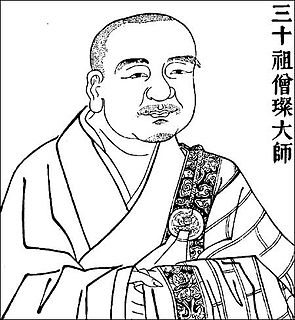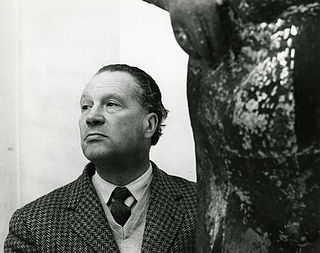A Quote by Leon Trotsky
Events can neither be regarded as a series of adventures nor strung on the thread of a preconceived moral. They must obey their own laws.
Related Quotes
Fundamentally, however, there is neither good nor evil; this is all based on human concepts. In the universe there exists neither good nor evil, because everything has been created in accordance with immutable laws. the divine principles are reflected in these laws, and only through knowing these laws will we be able to get close to the divine.
To live in the Great Way is neither easy nor difficult, but those with limited views are fearful and irresolute: the faster they hurry, the slower they go, and clinging cannot be limited: even to be attached to the idea of enlightenment is to go astray. Just let things be in their own way and there will be neither coming nor going. Obey the nature of things (your own nature), and you will walk freely and undisturbed.
Where there is Love and Wisdom, there is neither Fear nor Ignorance.
Where there is Patience and Humility, there is neither Anger nor Annoyance.
Where there is Poverty and Joy, there is neither Cupidity nor Avarice.
Where there is Peace and Contemplation, there is neither Care nor Restlessness.
Where there is the Fear of God to guard the dwelling, there no enemy can enter.
Where there is Mercy and Prudence, there is neither Excess nor Harshness.
It is dangerous to tell the people that the laws are unjust; for they obey them only because they think them just. Therefore it isnecessary to tell them at the same time that they must obey them because they are laws, just as they must obey superiors, not because they are just, but because they are superiors. In this way all sedition is prevented.
All human beings are moral beings. So, certainly there are alliances. We are in the countries, that are secular states, and we obey its laws. I think we must recognize that common moral base. But in alliances we must always be careful just of what level the alliance is perceived. I will go and lecture to an atheist society, for example, but I will not lecture for them, because I am not an atheist. You see the difference.
Neither numbers nor powers nor wealth nor learning nor eloquence nor anything else will prevail, but purity, living the life, in one word, anubhuti, realisation. Let there be a dozen such lion-souls in each country, lions who have broken their own bonds, who have touched the Infinite, whose whole soul is gone to Brahman, who care neither for wealth nor power nor fame, and these will be enough to shake the world.
Man—every man—is an end in himself, not a means to the ends of others; he must live for his own sake, neither sacrificing himself to others nor sacrificing others to himself; he must work for his rational self-interest, with the achievement of his own happiness as the highest moral purpose of his life.











































